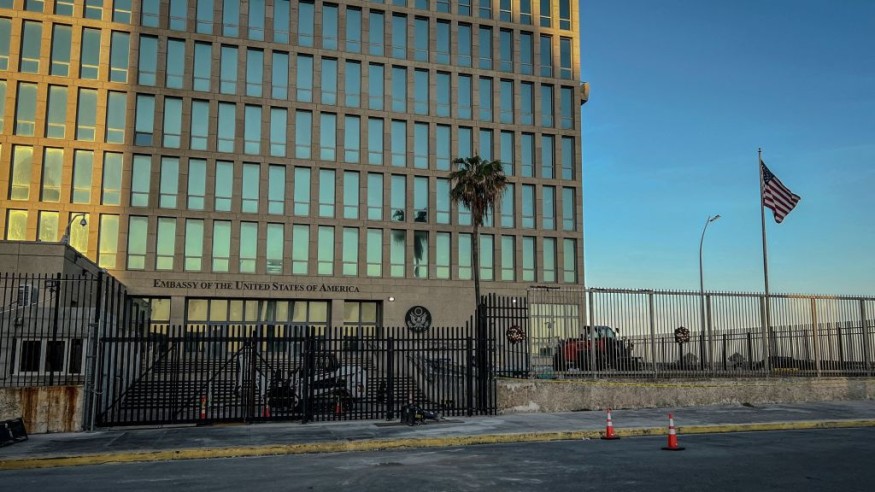Havana Syndrome Unlikely To Be Caused by Foreign Adversary and Energy Weapon, U.S. Intelligence Reveals

Havana Syndrome was found not to be linked to any actions taken by a foreign adversary, according to a new U.S. intelligence assessment.
The assessment also noted that the mysterious syndrome intentionally targets hundreds of U.S. personnel through a secret energy weapon. The report was done in collaboration with Central Intelligence Agency and other involved agencies.
The Washington Post reported that the intelligence agencies involved reviewed around 1,000 cases of "anomalous health incidents," which was a term used to describe a series of physical symptoms upon visiting foreign countries. It was first experienced in Cuba in 2016.
One intelligence official said that one agency abstained in its conclusion that it was not enacted by any foreign adversary.
Officials noted that they were open to new evidence that a foreign adversary had developed an energy weapon. However, they did not believe Russia or any other foreign nation was involved in the case.
The report noted that symptoms reported by U.S. personnel "were probably the result factors that did not involve a foreign adversary."
It added that it could be a result of preexisting conditions, conventional illnesses, and environmental factors.
The Guardian noted that three agencies have "high confidence" in the review, three have "moderate confidence," and one has "low confidence."
READ NEXT : U.S. Embassy in Cuba Starts Issuing Visas Again After 4 Years of Not Doing so Due to Alleged Sonic Attacks
Havana Syndrome
The U.S. embassy in Cuba just reopened in January after it was closed for around six years due to the tensions with the former U.S. President Donald Trump's administration.
CIA described what several staffers reported illness as "anomalous health incidents."
In 2016, around two dozen U.S. personnel deployed in Havana first heard "piercing, metallic hissing." It was then followed by a series of symptoms, such as nausea, vertigo, headaches, and other cognitive ailments. However, medical experts have not found out what made them sick.
One woman who experienced it described a "low hum and intense pressure" in her head, with one reporting a pulse of pain.
The first people who experienced Havana Syndrome were CIA officers, which meant they were kept secret.
Family members then reported a wide variety of symptoms, with some colleagues thinking those suffering from it were crazy and were "all in the mind," according to BBC News. Since then, it has affected the U.S.'s ability to operate abroad.
U.S.-Cuba Relations
In November, there was a series of talks with U.S. President Joe Biden's administration and Cuba. The Latin American country said afterward that it will receive deportation flights from the United States, which had been stalled in the pandemic.
It noted that it was open to continuing talks with Washington.
The agreement was reported after one of the largest migrations from Cuba to the U.S. was reported.
ABC News noted that Cubans replaced Venezuelans as the second most numerous migrants with the said nationality after Mexicans arrived at the border in October.
Cubans accounted for 28,848 of the encounters that the U.S. authorities stopped. It was a 10% increase from the earlier month, according to U.S. Customs and Border Protection data.
This article is owned by Latin Post.
Written by: Mary Webber
WATCH: U.S. intel finds 'Havana syndrome' not caused by foe – News - from Reuters
Subscribe to Latin Post!
Sign up for our free newsletter for the Latest coverage!

















